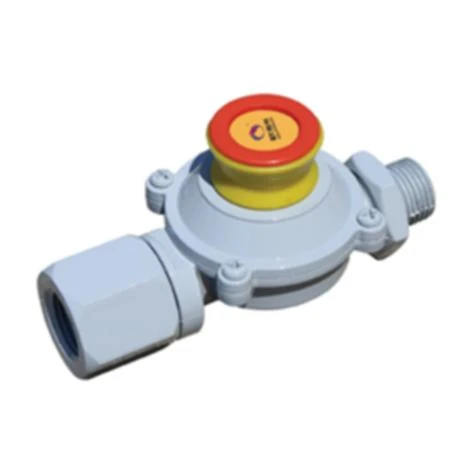
Dec . 30, 2024 02:43
Back to list
Natural Gas Filtration Techniques for Improved Energy Efficiency and Environmental Sustainability
Natural Gas Filtration Processes and Importance
Natural gas is one of the most essential sources of energy today, utilized for various applications ranging from heating and electricity generation to serving as a raw material in the production of chemicals and fertilizers. However, before natural gas can be used, it must undergo a rigorous filtration process to ensure its purity and safety. This article discusses the importance and processes involved in natural gas filtration and the technologies that facilitate this vital operation.
The Importance of Filtration
The primary reason for filtering natural gas is to remove impurities that can affect both the performance and safety of the end product. Impurities include water vapor, hydrogen sulfide (H₂S), carbon dioxide (CO₂), solid particulates, and hydrocarbons that can condense into liquids. If left untreated, these impurities can lead to corrosion, equipment failure, and increased emissions during combustion. More importantly, certain contaminants, such as H₂S, pose substantial health and environmental hazards. Therefore, effective filtration is imperative to deliver high-quality natural gas that meets industry standards.
Additionally, the demand for cleaner energy sources has driven the natural gas sector to implement advanced filtration techniques. Regulatory bodies are imposing stricter emissions standards, pushing gas producers to invest in effective filtration solutions that not only enhance the quality of natural gas but also make the extraction and processing methods more environmentally friendly.
Filtration Processes
The filtration of natural gas encompasses several processes, each tailored to target specific impurities. These processes can include
1. Coalescing Filtration This method is employed to remove water and aerosols from natural gas. Coalescers work by combining small droplets of water into larger ones, which can then be separated from the gas stream. This step is crucial because excess water can lead to the formation of hydrates, which clog pipelines and create operational challenges.
2. Adsorption Adsorption utilizes materials like activated carbon to remove trace impurities such as H₂S and CO₂ from natural gas. The process is highly effective in capturing these contaminants, ensuring that the gas meets the required purity standards. Various adsorbents can be used depending on the specific contaminants present in the gas.
natural gas filtration

3. Membrane Separation This technology involves selectively filtering impurities from natural gas using semi-permeable membranes. Membrane separation is particularly effective for separating lighter hydrocarbons from methane or for removing CO₂, enhancing the overall quality of the natural gas.
4. Cryogenic Separation In some applications, particularly in LNG (liquefied natural gas) processing, cryogenic techniques are employed. By cooling the gas to extremely low temperatures, impurities can be separated based on their different boiling points. This process is especially useful for the removal of heavier hydrocarbons and other components.
5. Filter-Separator Systems These systems integrate multiple filtration and separation technologies to enhance the reliability and efficiency of the filtration process. They can handle varying flow rates and contaminants, making them suitable for different stages of gas processing.
Technological Advancements
The natural gas filtration industry has seen significant technological advancements over the past few years. Innovations such as automated control systems, smart sensors, and data analytics are increasingly being incorporated into filtration operations. These technologies enable real-time monitoring of gas quality and system performance, allowing operators to optimize processes and respond swiftly to any changes.
Moreover, emerging technologies such as nanotechnology are being explored for their potential to improve adsorption and separation efficiencies. Researchers are developing nanomaterials that could offer enhanced surface areas and selective properties, paving the way for more effective filtration solutions.
Conclusion
Natural gas filtration plays a crucial role in ensuring the quality, safety, and environmental compliance of gas supplies. As global demand for cleaner energy continues to rise, the importance of efficient and effective filtration processes will only grow. With ongoing technological advancements, the natural gas industry is well-positioned to meet the challenges ahead, delivering high-quality gas that supports a sustainable energy future. By prioritizing filtration, we can ensure that natural gas remains a reliable and clean energy source for years to come.
Next:
Latest news
-
Safety Valve Spring-Loaded Design Overpressure ProtectionNewsJul.25,2025
-
Precision Voltage Regulator AC5 Accuracy Grade PerformanceNewsJul.25,2025
-
Natural Gas Pressure Regulating Skid Industrial Pipeline ApplicationsNewsJul.25,2025
-
Natural Gas Filter Stainless Steel Mesh Element DesignNewsJul.25,2025
-
Gas Pressure Regulator Valve Direct-Acting Spring-Loaded DesignNewsJul.25,2025
-
Decompression Equipment Multi-Stage Heat Exchange System DesignNewsJul.25,2025

